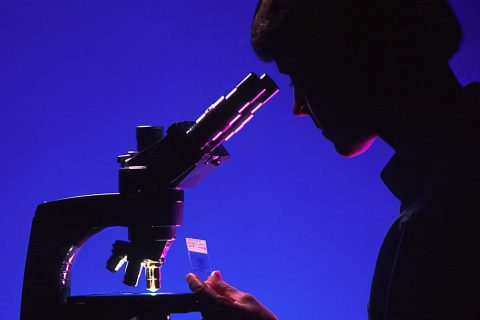Almost 300 years after Laura Maria Caterina Bassi became the first woman to earn a professorship at a university in Europe, women still comprise less than one fifth of professors across that continent. In an opinion article published this month on F1000Research, Lynn Kamerlin, who runs a lab in the cell and molecular biology department…
This is a guest post by Fiona Murphy, Project Manager for the Giving Researchers Credit for their Data project. It has been a few months since our last update, but we haven’t been idle. Once we learned we had been funded for a further phase to develop our helper app that supports publication of data…
This September the INCF’s annual congress Neuroinformatics 2016 comes to Reading, UK, so we will be hopping on the Great Western Railway from Paddington to be there. If you are attending, please swing by our exhibit to say hello and/or pick up some free stuff! If you haven’t registered yet, the early bird fee for…
Each month we review our poster and slide submissions and feature one as our ‘poster/slide of the month’. We were spoiled for choice in May, but decided on “Approach motivation in depression: a combined ESM and fMRI approach” to tie in with Mental Health Awareness Week, which took place during the month. This poster was presented at…
On 20 and 21 May we had the pleasure to attend the UK Médecins Sans Frontières Scientific Day 2016, the annual MSF conference showcasing medical and innovation research in humanitarian medicine. On the first day, a number of excellent field researchers updated us on recent work carried out in different MSF locations. Among the speakers,…
Recently, we published a slide set that was presented during the International Zika Summit held at the Institut Pasteur, Paris on April 25-26 2016 which explores collaborative data sharing in outbreak situations. We reached out to the authors and are delighted to have them write a guest post for us to discuss a possible way…
F1000Research has partnered with Kudos, a free service that provides researchers with simple tools to maximize the reach and impact of their published articles. We want to help ensure that research reaches the widest possible audience. The service is suitable for all academics, including those who are not already active on social media and might welcome…
On 20 and 21 May MSF Scientific Day in London will kick off three events presenting research from the MSF field programs around the world. MSF Scientific days showcase how the organisation/charity is pushing to improve the effectiveness of medical humanitarian aid and raise awareness of the fight against neglected diseases. As well as the…
Each month we scan our poster and slides submissions and feature one as our ‘poster/slide of the month’. April’s choice is: “The Type 2 Diabetes Knowledge Portal: accelerating type 2 diabetes research through community access to human genetic information and tools”. It was presented by Maria Costanzo, from the Broad Institute, at the 9th International…
In response to rising concerns about irreproducible science and the lack of somewhere to openly discuss these issues, we recently launched the Preclinical Reproducibility and Robustness Channel. Our aim is to provide a place to publish confirming and non-confirming studies with the full methodologies and underlying data being made available. We want the channel to…











